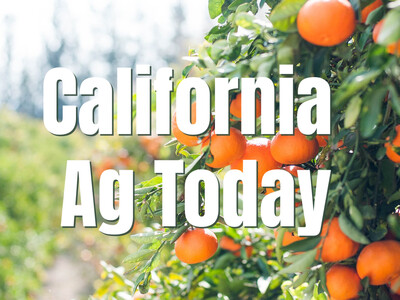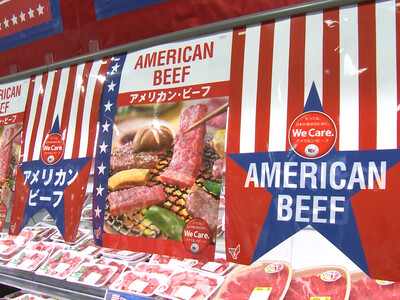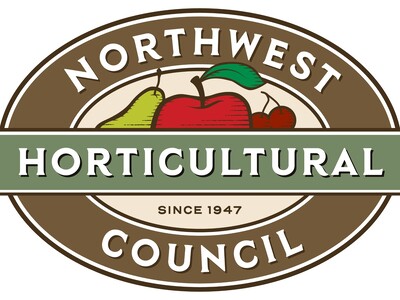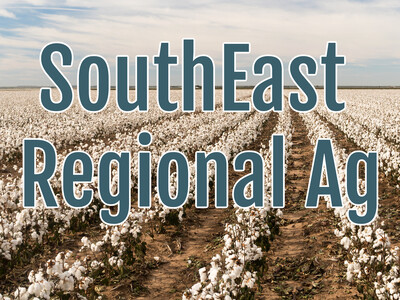Protecting Private Information of Livestock and Poultry Producers
Two weeks ago a bill — The Farmer Identity Protection Act (HR 4157) — was introduced in the US House of Representatives and will prohibit the EPA from disclosing private information of livestock and and poultry producers to the public. Co-sponsor of the bill Arkansas Congressman Rick Crawford says that last year’s release of names, addresses of more than 80,000 producers in 29 states to was egregious on the part of EPA. He shares more about the bill?Crawford: “This legislation would prevent that from happen - making sure that sensitive information, private personal information. This potentially makes producers target for environmental activists and potentially even for bio-security threats so we need to be diligent to make sure from a national security prospective that we are protecting the food supply — the food chain — and the producers.”
Congressman Crawford urges producers contact their legislators
Crawford: “This is going to require a lot of support from back home — grassroots. I don’t have any doubt that we can move this in the House — we have strong bi-partisan support. But we’ve got to go to the Senate and we will have to enlist their help obviously and that is where we will need going to need more help from grassroots producers.”
Now with today’s Food Forethought, here’s Lacy Gray
"In the ongoing battle surrounding the food industry the approach most often taken is “us versus them”; you know, food activists and consumers against the big bad food industry. In reality, the food industry is not just one big multi-billion dollar company with deep deep pockets. Instead it’s made up of several diverse groups, much like any other industry. First and foremost is the family farmer or rancher who must face a continual onslaught of ever changing, restrictive and costly regulations. Next there are the processors and packers, the distributors, and the retailers. Those who cheer the passing of new regulations and requirements on the food industry need to remember that there is a trickle down effect, and that the higher costs inevitably created by such new rules and regulations will find its way to the consumer in the form of higher costs at the grocery store. The farm to fork concept is not just a warm and fuzzy marketing campaign. It’s a fact of life. Does this mean we shouldn’t seek new and better ways of doing things, or work to update food regulations? No, but it does mean that legislators should make darn sure any new rules they impose on the food industry will pass along benefits from farm to fork, and that the high cost of compliance meets a true need."














